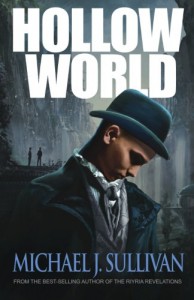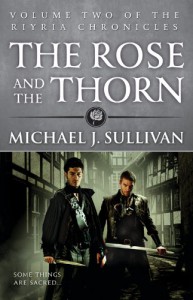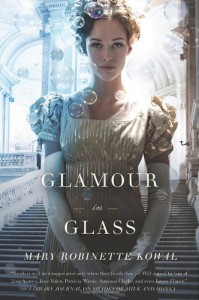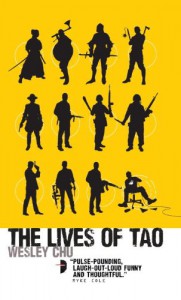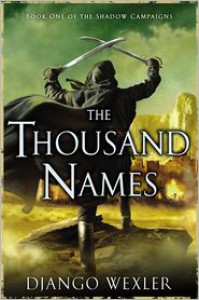 More reviews at The BiblioSanctum http://bibliosanctum.blogspot.com
More reviews at The BiblioSanctum http://bibliosanctum.blogspot.comMy thanks go to Strange Chemistry for providing me a copy of Skulk in exchange for an honest review! Every once in a while I’ll delve into the Young Adult genre for my fantasy fix, and this is one of those books that makes me really glad I do.
The story opens with our protagonist and narrator Meg Banks busy sneaking out of her bedroom window in the middle of the night, carrying a backpack full of spray paint. 16-year-old student by day, graffiti artist by night, her plan is to head up to her school and adorn one of its walls with her work. That night, however, Meg is interrupted when she witnesses the final moments of a dying fox, and is shocked when the dead animal inexplicably reverts back into the shape of a man.
After that, nothing is the same again. Meg suddenly learns that the ability to shapeshift has passed on to her, and she is able to change into a fox at will. In addition, a mysterious blue gemstone has come into her possession. In her investigations to find out more about it, she discovers factions of other people like her all around London -- the Rabble, the Horde, the Skulk, the Cluster and the Conspiracy – shapeshifters who all must come together to fight against an ancient threat.
The first thing that hit me about Skulk is that this is not your typical paranormal shapeshifter novel. Not only is the ability to shift into a fox a pretty wild idea, but there are also characters that can change into ravens, rats and even butterflies and spiders (not to mention, thanks to Rosie Best I was also learning all sorts of obsolete collective nouns for groups of animals).
But my favorite part about this book other than its unique premise was the voice of Meg. I admit, when I first learned from the opening pages that she was a rich girl who likes to do things like sneak out in the dead of night to deface her prestigious school’s property with graffiti, I thought she would be one of those annoying YA heroines with a chip on their shoulder and a spoiled attitude. As it turned out, I couldn’t have been more wrong.
Struggling with her weight and uninterested in the same topics as her friends, in many ways Meg sees herself as an outcast. Along with the physical and emotional abuse she suffers at home from her overbearing politician mother, it wouldn't have surprised me if Meg turned out to be a melodramatic and curmudgeon-y main character. Instead, she was the opposite. I truly didn’t expect to find her so down-to-earth and just so damn real and genuine. It was easy to love her.
Story-wise, I also thought Skulk was fantastic. Something interesting or life-altering seemed to be happening to Meg in every chapter. On the whole, with only the exception of a couple plot points I found confusing or forced, I found the book intensely captivating. Even the romance angle, which is an aspect I find overdone in a lot of YA novels, was very sweet and didn’t end up dominating or disrupting the overall flow of the story like a rude guest. Rosie Best found the perfect balance for this book, hitting the nail on the head for this and so much more. As such, Skulk is probably one of the best YA novels I’ve read this year.
